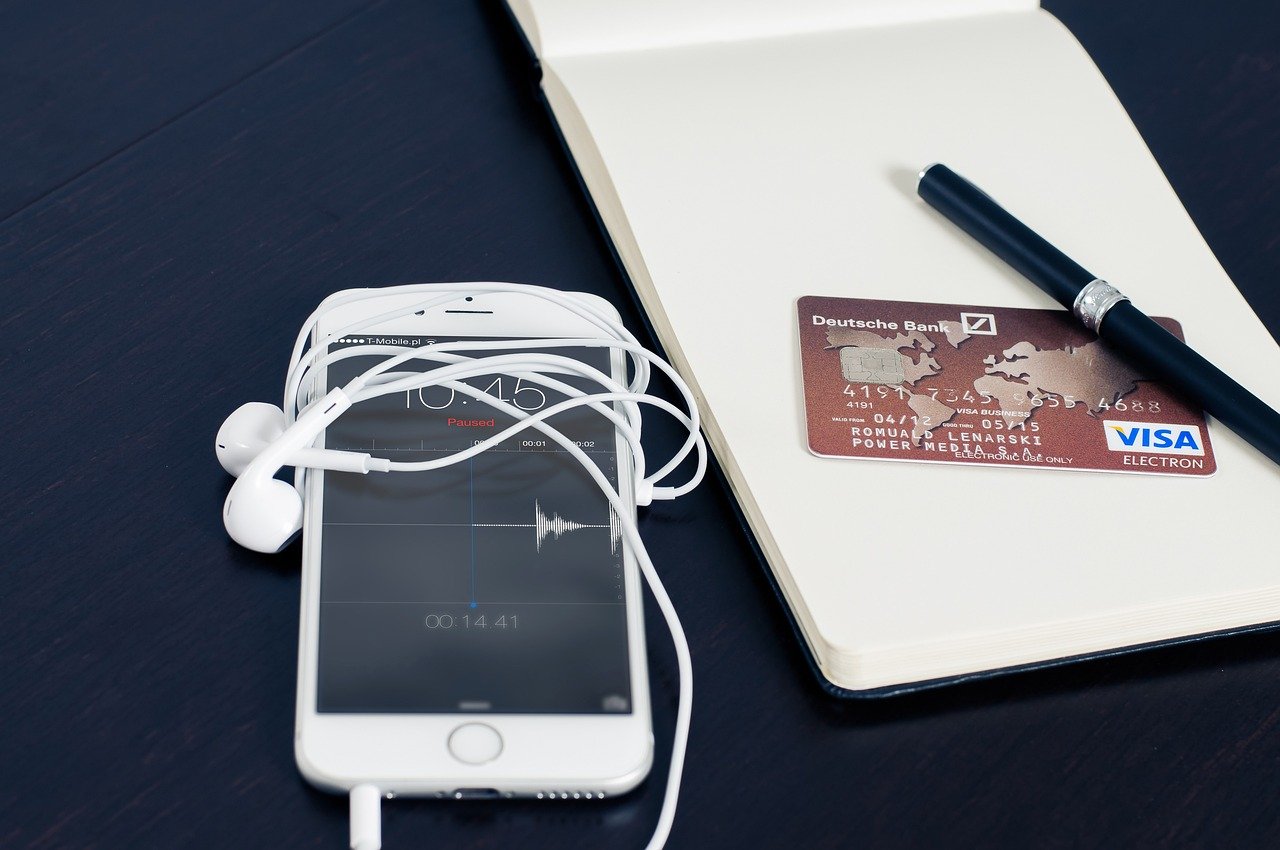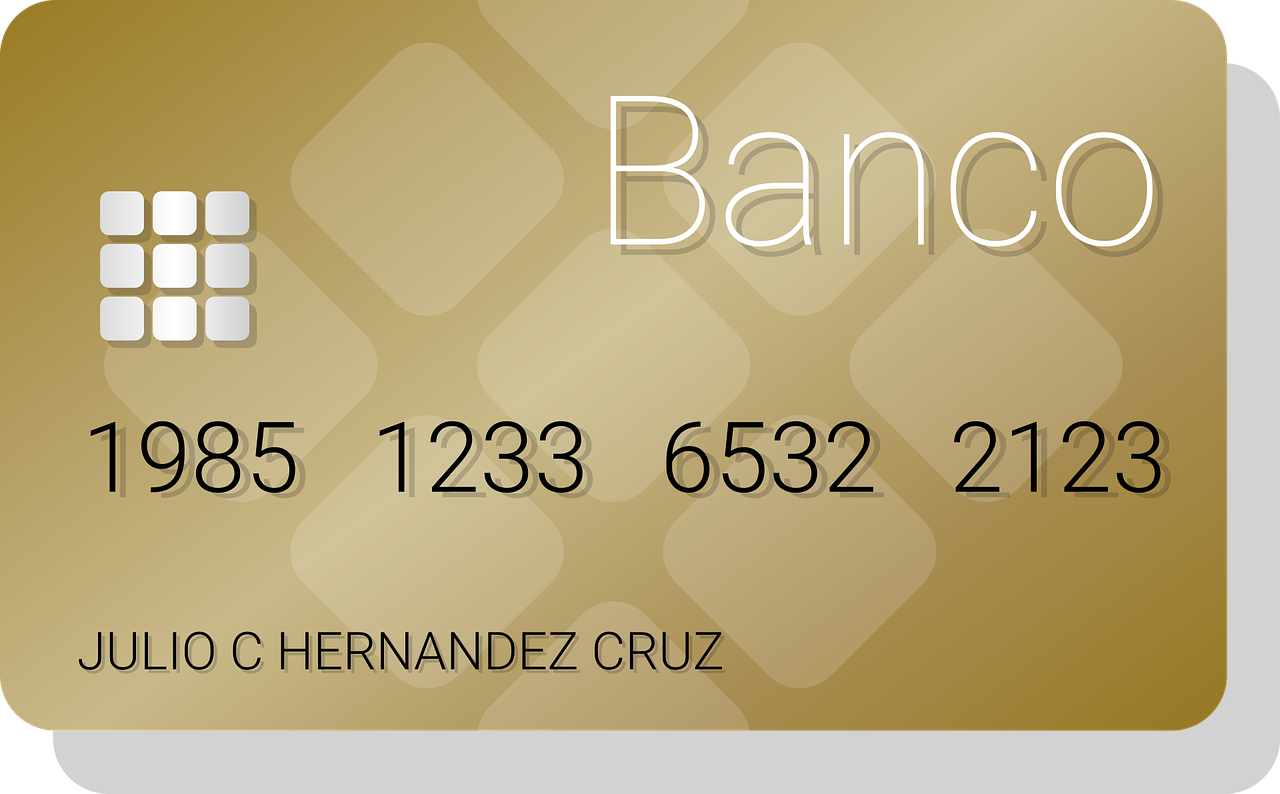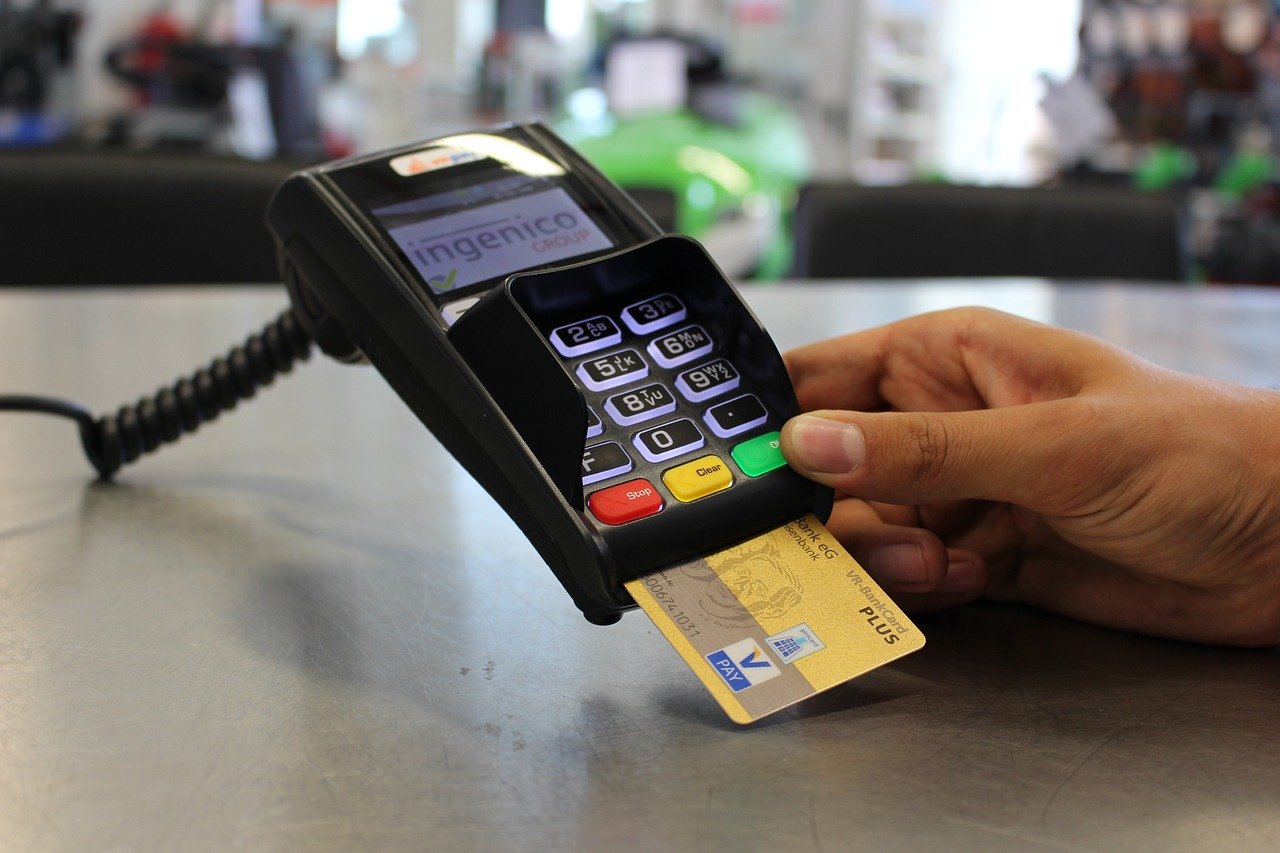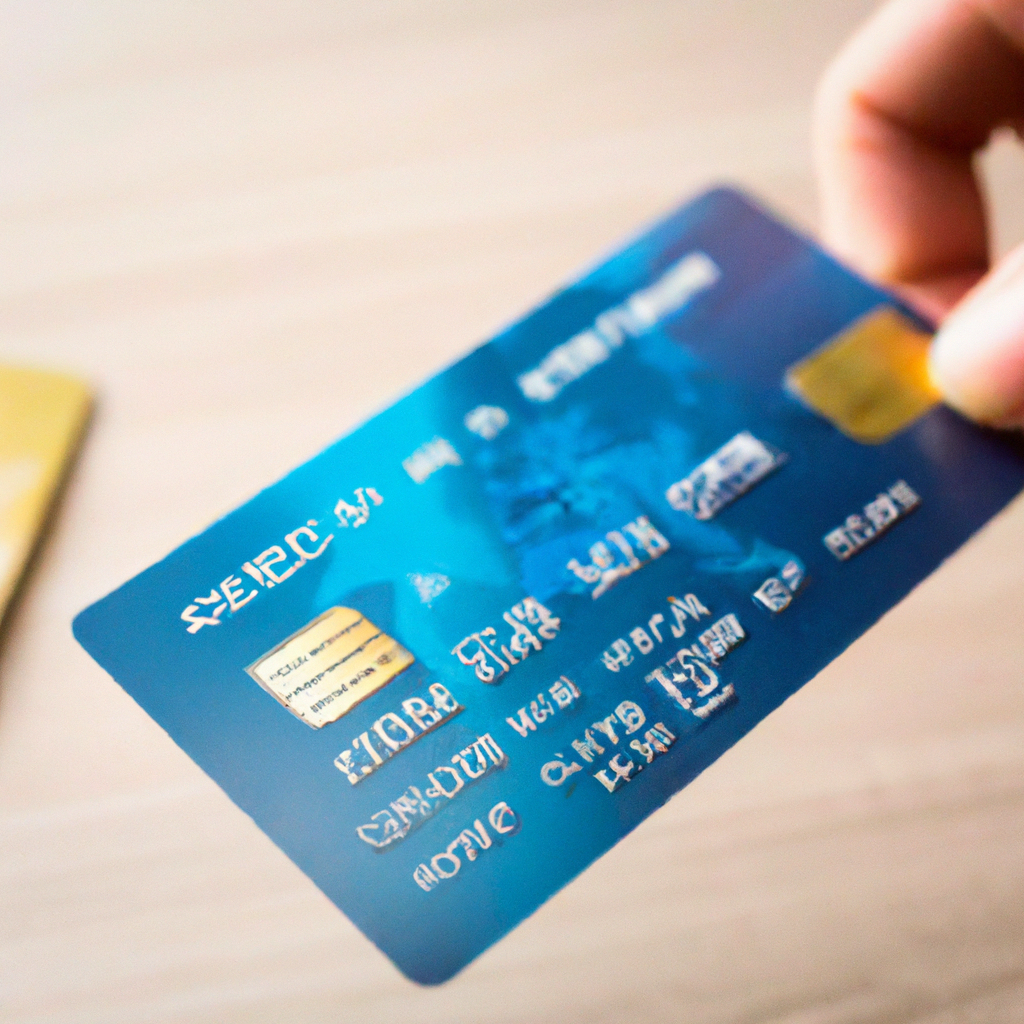You have probably heard the saying “with great power comes great responsibility,” and this idea applies perfectly to credit cards. In this article, we will explore some tips for using credit cards responsibly, to help you avoid falling into debt and maintain a healthy financial lifestyle. It’s important to remember that credit cards can be a useful tool when used correctly, but misuse can lead to serious consequences. So, let’s dive into these tips for responsible credit card usage and pave the way towards financial success.
Tips for Responsible Credit Card Usage
Credit cards can be a powerful financial tool when used responsibly. They provide convenience, security, and the ability to build your credit history. However, it is important to use credit cards wisely to avoid getting into debt and damaging your credit score. In this article, we will discuss ten tips for responsible credit card usage to help you make the most of your credit cards while maintaining financial health.

Monitor Your Spending
Keeping track of your spending is crucial when it comes to responsible credit card usage. Set a budget for yourself and track your expenses regularly. This will help you stay within your financial limits and prevent excessive debt. Review your credit card statements frequently to identify any unauthorized charges and ensure your spending aligns with your budget.
Pay Your Balance in Full
One of the golden rules of credit card usage is to pay your balance in full each month. By doing so, you can avoid paying hefty interest charges and keep your credit card debt at bay. If you are unable to pay the entire balance, strive to make more than the minimum payment to reduce the amount of interest you accrue. Remember, paying your balance in full not only saves you money but also contributes to a positive credit history.
Avoid Maxing Out Your Credit Cards
While it might be tempting to utilize your credit cards to their maximum limit, it is best to avoid it. Maxing out your credit cards can negatively impact your credit score and indicate financial instability. It is advisable to keep your credit utilization ratio, which is the percentage of your credit limit you are currently using, below 30%. By keeping your credit utilization low, you demonstrate responsible credit management and lower the risk of defaulting on payments.
Manage Your Credit Limit
Closely monitor your credit limit and avoid requesting unnecessary credit limit increases. While it can be tempting to have a higher credit limit, it can also tempt you into overspending. Request increases only when necessary and consider your financial abilities before doing so. By managing your credit limit wisely, you can maintain control over your credit card usage and avoid taking on unnecessary debt.

Make Payments on Time
Paying your credit card bill on time is critical to maintaining a positive credit history. Late payments can result in penalty fees, increased interest rates, and a negative impact on your credit score. Set up reminders or automatic payments to ensure you never miss a due date. Making timely payments demonstrates financial responsibility and enhances your creditworthiness in the eyes of lenders.
Avoid Opening Multiple New Accounts
It can be tempting to open multiple credit card accounts, especially when you receive enticing offers. However, opening several new accounts within a short period can raise red flags for lenders. It may indicate an increased risk of defaulting on payments or taking on more debt than you can handle. Instead, carefully evaluate your financial needs and choose credit cards that align with your spending habits and financial goals. Responsible credit card usage involves maintaining a limited number of credit cards to manage your finances effectively.

Use Credit Only When Necessary
While credit cards offer convenience and financial flexibility, it is essential to use credit only when necessary. Avoid succumbing to impulse purchases or making unnecessary expenses on your credit cards. Instead, prioritize your spending and use your credit card for planned purchases, emergencies, or when cash may not be readily available. By using credit cards judiciously, you can prevent unnecessary debt and maintain control over your financial well-being.
Protect Your Personal Information
Safeguarding your personal and credit card information is vital for responsible credit card usage. Be cautious when sharing your card details online or through insecure channels. Regularly update your passwords, and be mindful of phishing scams or suspicious emails requesting personal information. By taking proactive steps to protect your personal information, you can minimize the risk of identity theft and unauthorized credit card transactions.

Review Your Statements Regularly
Make it a habit to review your credit card statements regularly. Look for any discrepancies or unfamiliar charges, as they may indicate fraudulent activity. Reporting fraudulent charges promptly can prevent further damage and help protect your financial well-being. Additionally, reviewing your statements allows you to track your expenses and assess your spending patterns to make any necessary adjustments.
Understand Credit Card Terms and Fees
Before using a credit card, it is crucial to understand the terms and fees associated with it. Familiarize yourself with the interest rates, annual fees, late payment charges, and other terms and conditions provided by your credit card issuer. Being aware of these terms will help you make informed decisions and avoid unpleasant surprises. If you have any questions or concerns, don’t hesitate to reach out to your credit card issuer for clarification.
In conclusion, responsible credit card usage is essential for maintaining your financial well-being. By following these ten tips, you can make the most of your credit cards while avoiding excessive debt and building a positive credit history. Remember to monitor your spending, pay your balance in full, manage your credit limit, make payments on time, avoid unnecessary accounts, use credit judiciously, protect your personal information, review your statements regularly, and understand credit card terms and fees. With these practices in place, you can confidently navigate the world of credit cards and enjoy the many benefits they offer.


